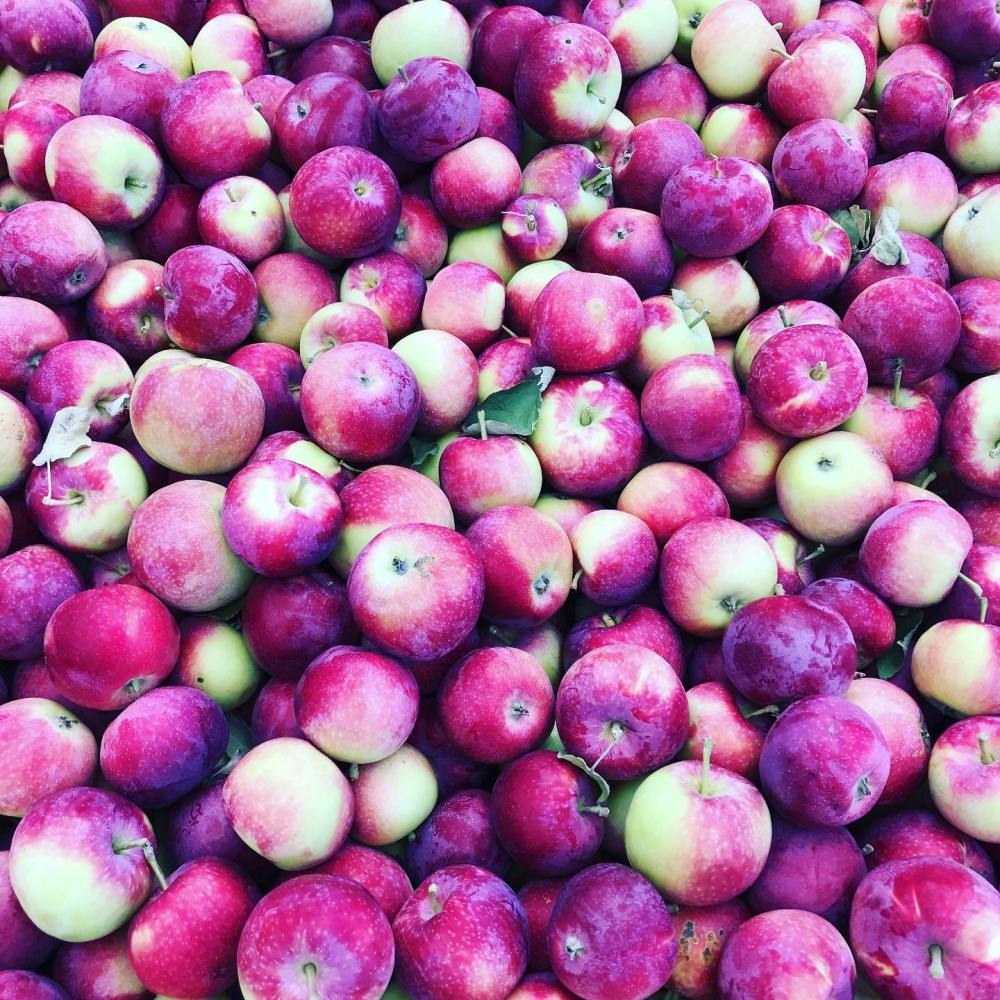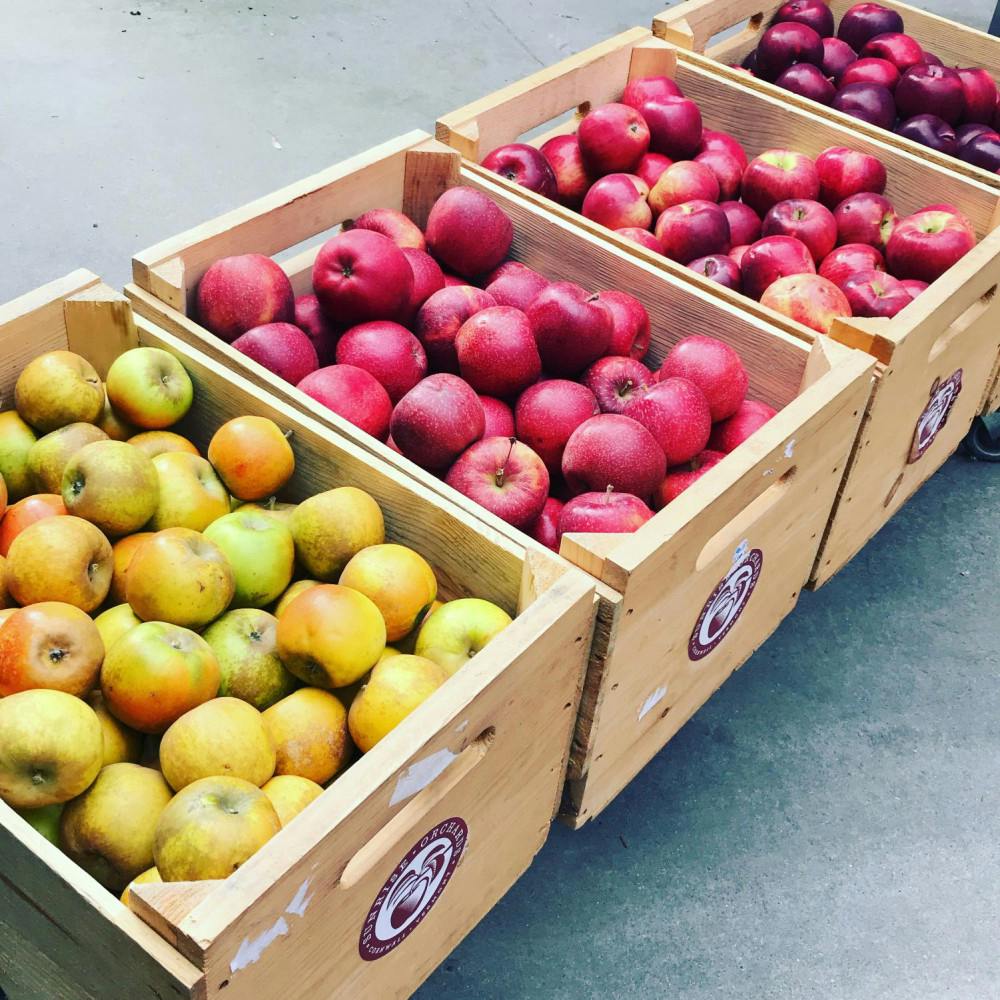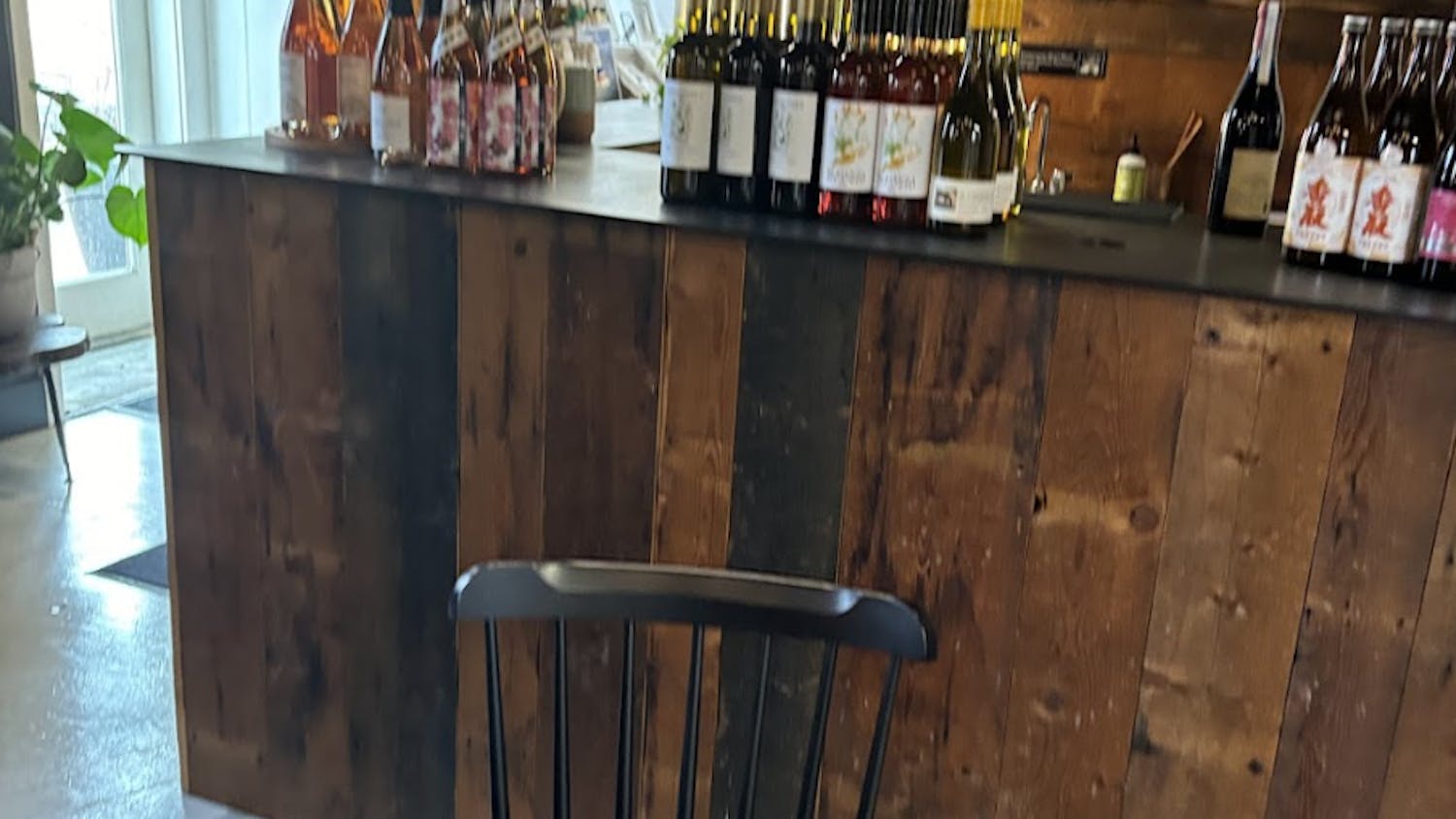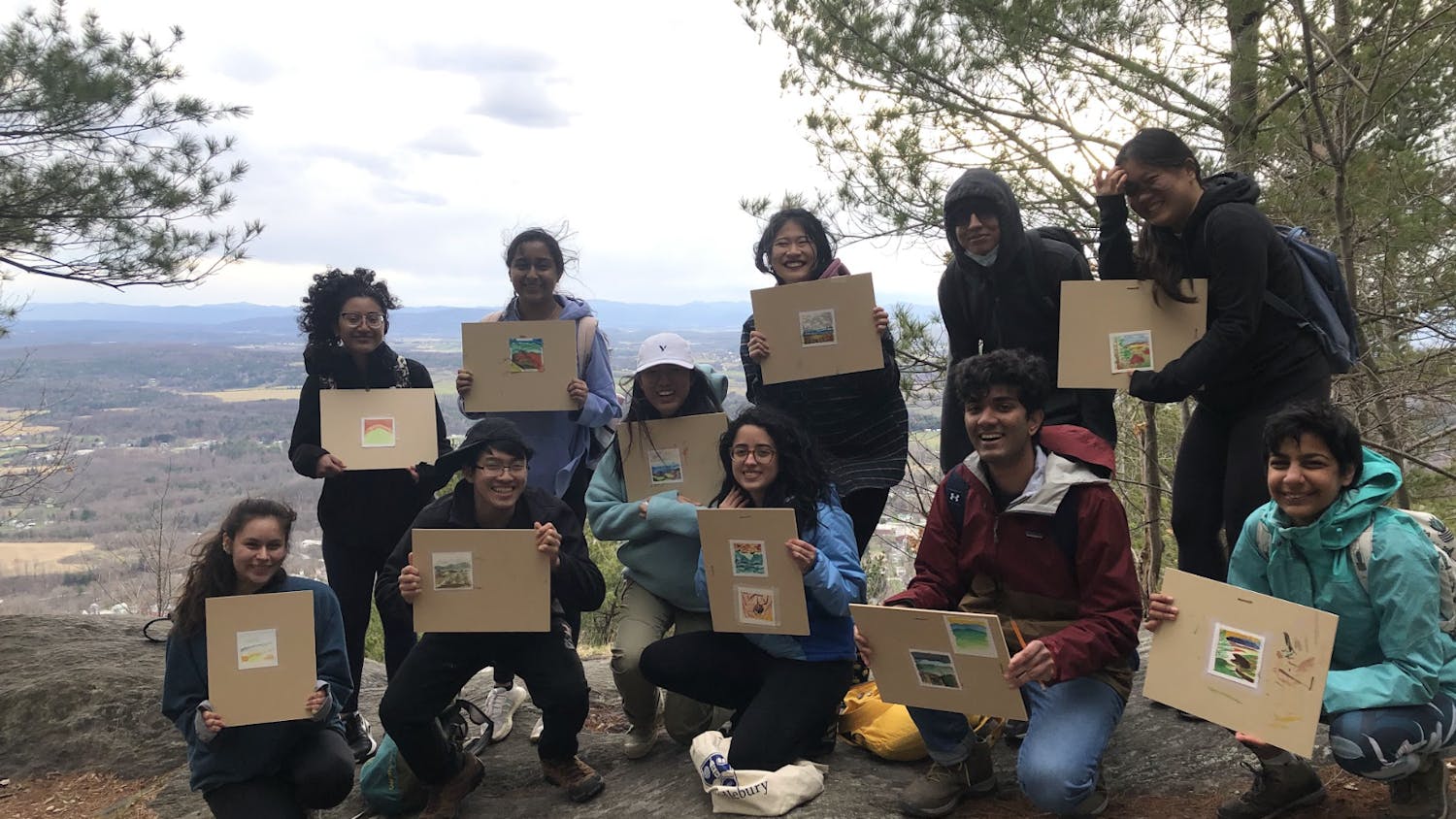For some Addison County farms, there has been a silver lining to the pandemic.
Fears about grocery shopping and meat shortages drove Addison County residents to avoid grocery stores, and many turned instead to local farms and businesses that would deliver produce and other foods to them. Many also started growing their own gardens at home.
Golden Russet Farm has been growing vegetables in Shoreham for 30 years. In early spring, owners Judy and Will Stevens invited shoppers to come into their greenhouse and choose plants to transfer into their gardens back at home. These sales continued through the end of June. While swaths of people couldn’t cram into the greenhouse like they had in years past, Golden Russet was able to get creative and profit off the growth in demand they were seeing.
“There was a lot of talk in the spring about food scarcity and so people wanted to take charge of their own access, so we had many people buy plants from us who were either new gardeners or who had gardened in the past but who wanted to expand their gardens,” Pauline Stevens, the owners’ daughter, said.
As spring turned to summer, Golden Russet saw continued enthusiasm for their Certified Organic vegetables. Their produce can be found at the Middlebury Natural Foods Co-op and a handful of Burlington grocery stores, and it is also served at local restaurants like The Arcadian and American Flatbread. The farm stand was constantly in need of replenishing, and the demand for community-supported agriculture (CSA) subscriptions this fall was higher than ever before.

Scuttleship Farm, owned by couple Annie Hopper ’14.5 and Sean Willerford ’14, has also benefited from pandemic-induced shifts in shopping habits. The pair raise lamb, beef and chicken in Panton, a small town on the shores of Lake Champlain, nestled between Addison and Vergennes.
Since its inception, the farm has relied heavily on direct-to-consumer sales, both through its online store and its Barn-Store, which has allowed the farm to be flexible and creative these past eight months. Scuttleship’s team is made up of just three people, including Hopper and Willerford, so they also had the ability to continue farm operations without many protocol changes by podding together and keeping all other social interactions to a minimum.
Throughout spring and summer, hoards of new customers visited Scuttleship’s online butcher shop and the Barn-Shop, which was sanitized regularly. Many of these customers were worried about national food supplies and looked to buy food with as few intermediaries as possible. “We were really lucky in that we weren’t depending on distributors or restaurants,” Hopper said, as both of those channels saw drastic declines in sales.
By early summer, Scuttleship had sold all the meat that was expected to last them through the summer and into the fall. “We weren’t cashing in on the increase in demand for freezer-ready meat because we couldn’t make more of it,” Hopper said.
This summer, Scuttleship introduced chickens, which take just eight weeks to raise, into their offerings, allowing the farm to smooth out the lumps in cash flow that are inherent in the business.
In reflecting on the large numbers of new customers who turned to Scuttleship, Hopper said “I just hope they remember us in a year.”
Not all farms have gotten these boosts — for some, instead, “the pandemic was the straw that broke the camel’s back,” said Chris Hodges, who owns Cornwall’s Sunrise Orchards with her husband Barney Hodges ’91.
Statewide shutdowns of restaurants and bars created a domino effect and Sunrise was hit hard. “Without bars and restaurants to sell to, our customers who make hard cider weren’t able to pay us,” Hodges explains.
In a normal year, Sunrise Orchards would have packaged half of their harvest to sell at Shaw’s and Price Choppers in New England, as well as local stores such as the Middlebury Natural Foods Co-op. However, between stagnant prices for already low priced goods and the incredibly high start-up cost of packing, it wasn’t feasible to do so.
As Sunrise works to return to the stability and profitability they have experienced in years past, Hodges remains positive. This fall, the orchard was able to hire eight workers from Jamaica to pick apples through the H-2A temporary foreign agricultural worker visa program, a partnership between the Jamaican and American governments.
The men, all of whom have years of experience working this eight-week job at Sunrise, harvest alongside a few of Sunrise’s longer term workers.
All three farms noted how lucky they were in that almost all their work is done outside, thus decreasing the risk involved for employees and allowing day-to-day operations to stay primarily unchanged.

While the three farms had very different experiences these past eight months, the owners of each of them share both gratitude and hope.
“People have been really supportive,” Hodges said. While neighbors don’t buy apples in the same quantities as hard cider producers, and therefore can’t make up for the lost business, “they have been really kind in their words.”
While they might not be Scuttleship’s ideal freezer-ready meat customer, Middlebury students — especially those taking semesters off — have played a huge role in helping other local farms.
“During a normal year, we struggle to find help,” Stevens explained. “We always end up pulling it together but it’s usually piecing it together between part- and full-time.” This year however, Golden Russet received a huge surge in applicants from Middlebury College, both in the summer and the fall.
Kate Peterson ’22.5 took her fall semester off of classes and worked for Stevens at Golden Russet, getting her hands dirty each and every day — and loving it. Jack Brown ’23 worked for Sunrise Orchards all summer and through October, also taking the fall semester off. He plans to work at the orchard both this spring and summer.
Covid-19 can’t squash Addison County farms

COURTESY IMAGE
COURTESY IMAGE
Comments



